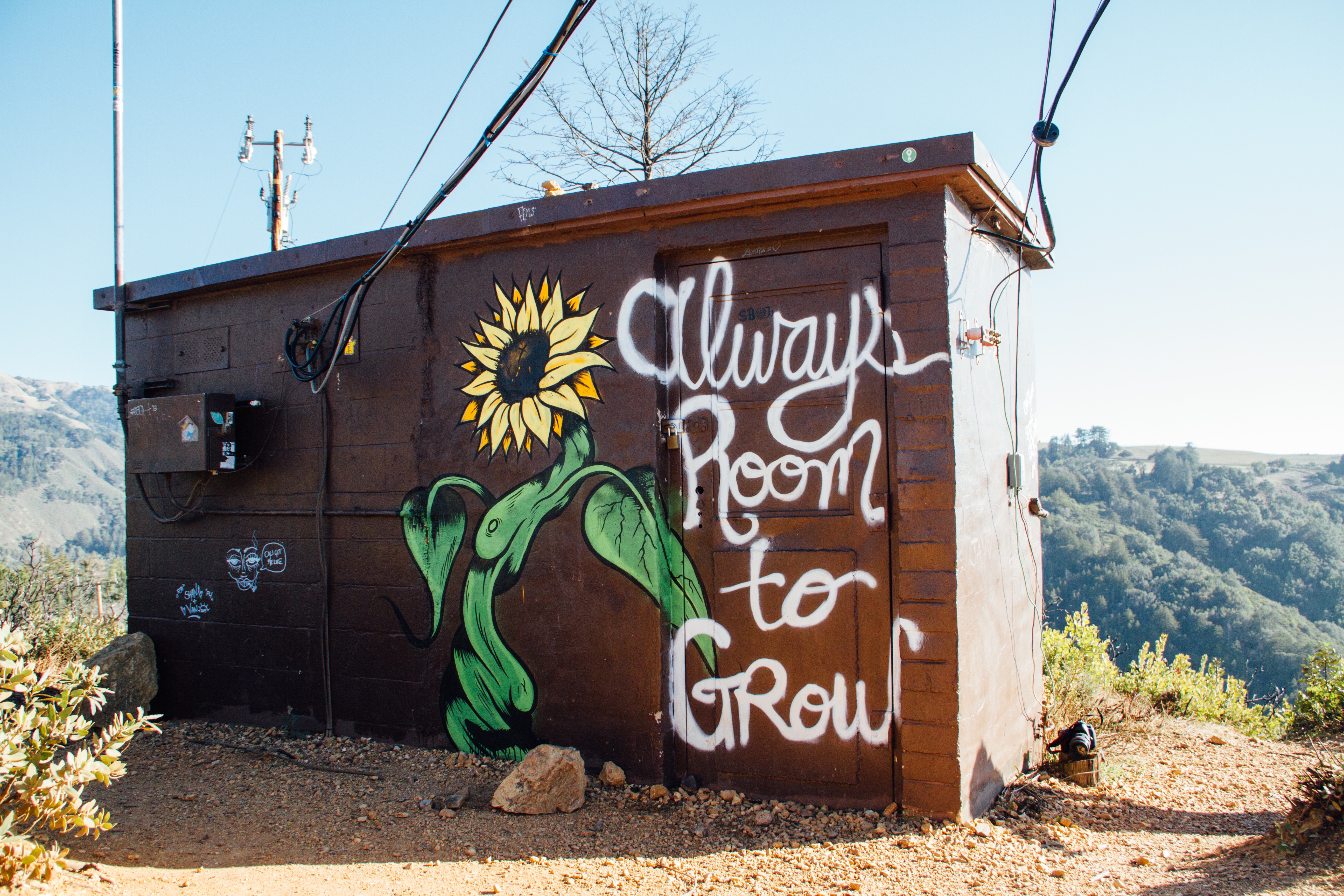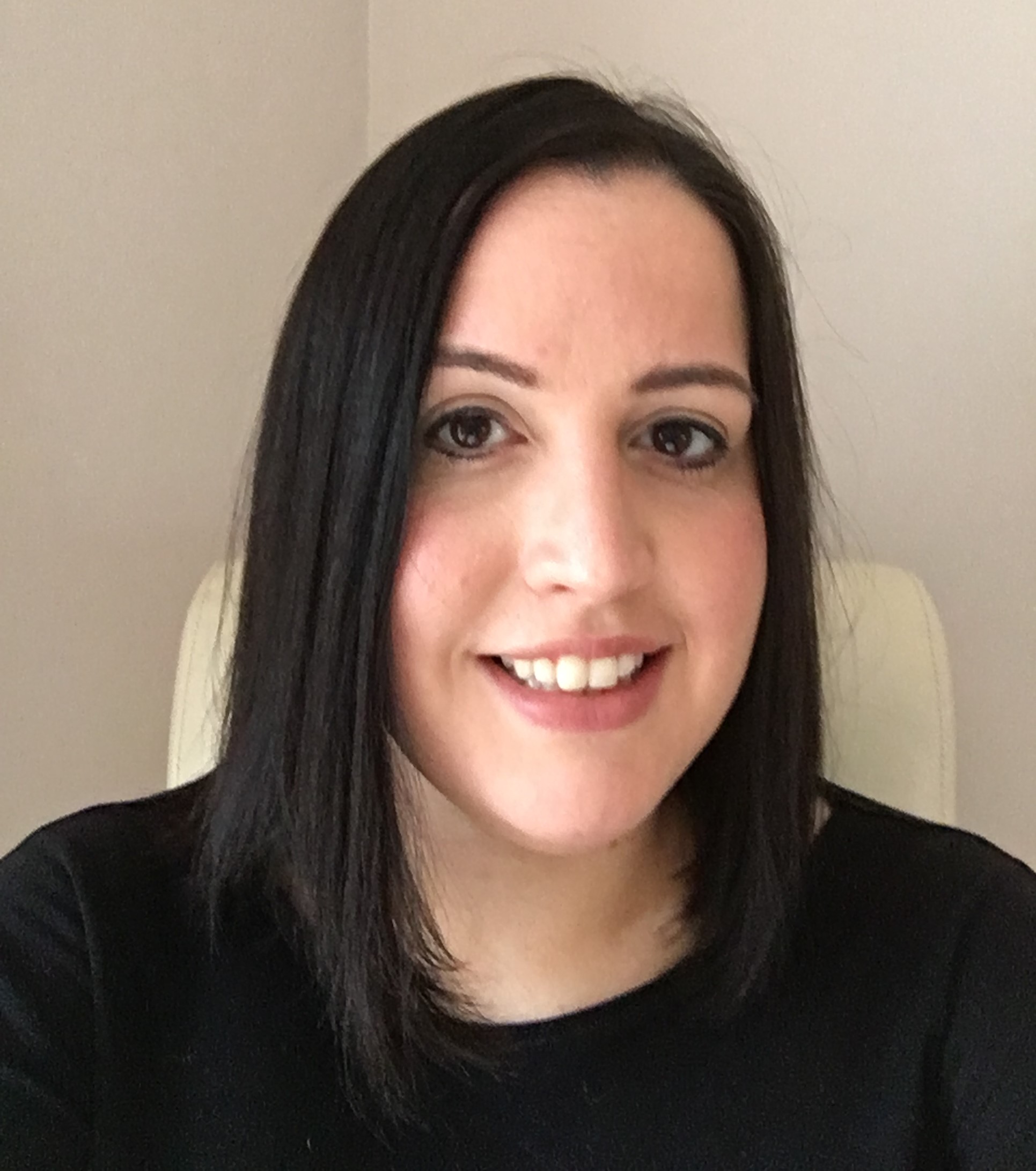
The Upside to Failing your New Year’s Resolutions
Failing at things sucks. It can be bad enough failing at something that we didn’t even want to do (like secondary school sports days *shudder*) but failing at something we’ve chosen for ourselves can send us into a downward spiral of self-criticism.
The destructive cycle of shame
“I’ve failed, I always fail, I’m a failure.”
“I’m no good at anything.”
“Why can’t I just stick to it… what’s wrong with me?”
You haven’t stuck to your plan. Again. What’s the point, you never stick to anything, you might as well give up.
I’m going to guess that these sort of thoughts don’t help to fill you with inspiration or motivation. In fact if you were watching someone else speak to themselves like that on a regular basis, I’m going to bet you wouldn’t be at all surprised if they fell into a depressive funk.
The way we speak to ourselves when we fail really matters. It can be the difference between staying stuck in your belief that you’re a failure or being able to make real, lasting change.
How can there be an upside?
So how can failing at our resolutions possibly have an upside?
You learned what didn’t work for you.
It sounds simple but in our society that is constantly selling us solutions to problems, feeding on the idea that if we just had a bit more willpower, we’d succeed, it’s easy to forget this simple but important step to making successful, lasting changes.
You learned what doesn’t work for you. Sure, other people might be well into their marathon training or might have lost a stone already eating nothing but egg whites and oatcakes (bleurgh) but that doesn’t work for you. Now you have this awareness, you can either keep forcing yourself into the mould you think you’re supposed to fit in, or you can take a moment to think about what would work.
Growing a life you love
I used to set and fail New Year’s Resolutions every year. I’m not sure why I kept doing it as I used to think of myself as a quitter, as someone who never stuck to anything and was basically just useless (ouch).
My approach to goal setting changed after the birth of my second child. I had gained a lot of weight and was so upset about it that I joined Weight Watchers when he was just nine days old which (unsurprisingly) ended up affecting my milk supply, which I also couldn’t bear.
I knew I had to find a different approach to weight loss. I had to find a way that worked for me.
Listen to yourself
Finding a way that works means pressing the pause button on those critical voices that keep us from achieving our goals. Silence that voice that says “You’re lazy, you’ll never succeed” and pay attention to the reasons you didn’t stick to the goal that you set for yourself.
If you’re not a morning person, of course you don’t want to drag yourself into the freezing January air for a run. If the only thing you look forward to all week is a takeaway at the weekend, you’re going to need something else to look forward to before committing to cutting out junk food.
It doesn’t mean you’re a failure.
It means you’re human.
You’re a human with needs and while it’s nice to believe we can bypass what we need in order to achieve The Perfect Body or The Perfect Life, it’s not real and it certainly isn’t going to last.
So what do you need to succeed?
It’s about kindness
Even though I’ve been practicing this approach to failure for over a decade, I can still find myself forgetting the importance of kindness. It felt outrageous to be kind to myself when I had “failed. AGAIN!” And it also made sense. My struggles with weight loss were intrinsically linked to kindness or rather the lack of kindness I showed myself.
I felt sad but couldn’t handle my sadness so I ate to push the feelings away, then I’d realise I’d broken my diet and call myself stupid, fat, disgusting, hopeless, which made me feel even more sad, but I still couldn’t handle my sadness, so I’d eat… It was an endless cycle.
It was only when I realised what was happening that I could change it. It was only when I stopped getting caught up the brutal name-calling and shaming myself that I could see what was happening.
I wasn’t a failure, I was struggling with emotional pain. If I could find a way to support myself emotionally, if I could find a way to be kind to myself when I was hurting, I could step out of this cycle. So I did, and I did.
It’s been a long time since I thought of myself as a quitter and the key to changing the way I saw myself was to find people to supported me – for me this was a group of women exploring intuitive eating – and to start something that I enjoyed so I didn’t need willpower anymore – and I trained to run intuitive eating workshops. I was learning about a subject I loved, with people I enjoyed spending time with in an environment that was nurturing.
The day I finished that course, the course I’d chosen because it was so “me”, my “quitter script” fell away and I’ve since gone on to complete several other courses, including my degree in psychotherapy (which was also very “me”!)
Do something different
“Fall down seven times, stand up eight”
So yes, failing at things sucks but you can make the process of failing easier by seeing it as an opportunity to learn more about
- who you are
- what you like
- what you don’t like and
- what might actually help you work towards your goals.
You can make the process of failing less painful by choosing to see the times you don’t succeed as an opportunity to learn more about what you need to achieve your goals.
Maybe it’s not running alone at 6am when you’d rather be in bed, maybe it’s joining a bellydancing class in a nicely heated village hall on an evening after the children are in bed.
Maybe it’s not giving up your weekend takeaway until you’ve promised yourself a luxurious and nurturing treat to look forward to instead.
Let me know in the comments below – what didn’t work and why, and what else can you try instead?

Alice offers counselling and psychotherapy sessions from her private practice in Bingham & West Bridgford, Nottingham. She believes that learning to feel differently about failure is often something that needs to be done with the help of someone supportive. To book in, click here.












